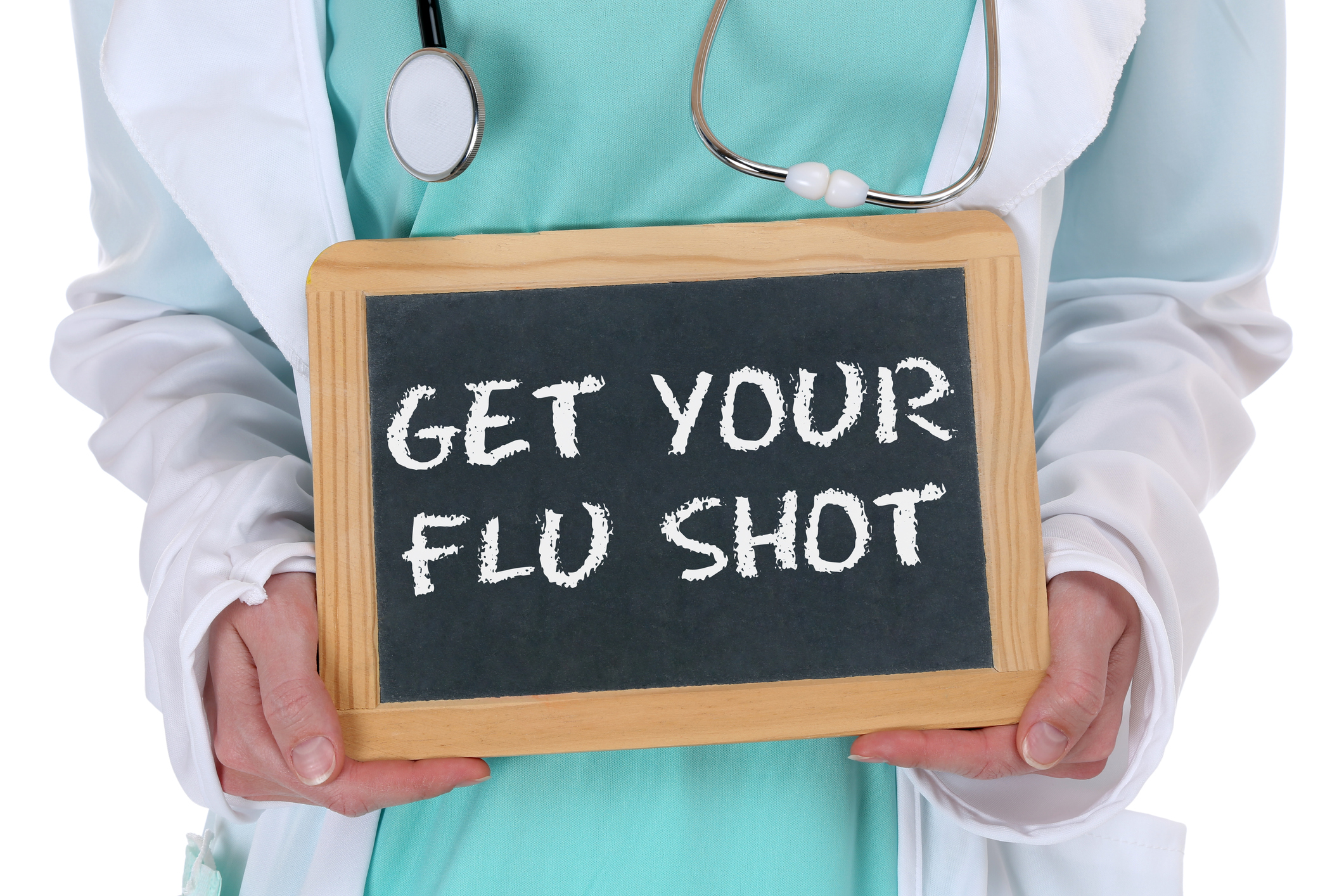
Cold and flu season is here — and that means it is time to protect yourself against the viruses that are going around. Make an appointment with your physician at Summit Health or simply walk into any of our CityMD urgent care partner locations whenever it is convenient for you. We offer both the regular dose flu shot, for individuals 6 months to 64 years old, and the high dose flu shot for patients ages 65 and older.
Have questions about this year’s flu vaccine? Summit Health’s Khushbu Thaker-Desai, PharmD, BCACP, who specializes in ambulatory clinical pharmacy services, explains everything you need to know. Find out when is the best time to come in, what ages are eligible for the flu shot, and why it is so important to get vaccinated every year.
And if you are wondering about the RSV and COVID-19 immunizations, we have answers. Read more about these vaccines including who should consider getting these shots, how many doses are needed, and why it’s completely fine for eligible patients to conveniently schedule them all at once.
Q. Why is getting the flu shot important?
The flu vaccine saves lives and helps prevent widespread illness in the community. For healthy people, the flu shot can reduce your risk of getting ill and losing time from work or school. The flu shot also helps protect our most vulnerable populations, including the elderly and immunocompromised. If you have health issues, the flu shot can actually reduce your risk for more serious complications such as pneumonia, hospitalization, and death.
Q. Who should get the flu shot?
Everyone six months and older should get the flu vaccine, especially those who are at high risk of developing complications from the flu. Exceptions include those who have severe allergies to the flu vaccine or its ingredients. If you are not feeling well, have an allergy, or have ever had Guillain-Barre syndrome, you should talk to your doctor about getting the flu shot.
Q. Is there anything different about this year’s flu shot that I should know about?
The components of the 2023-2024 seasonal flu vaccine have been updated to best match the circulating viruses. The main change in recommendations for the upcoming season is related to vaccination in those with egg allergies. People with egg allergy may receive any flu vaccine (egg-based or non-egg based) that is appropriate for their age and health status. Additional safety measures are no longer recommended.
Q. Is there such a thing as getting the flu shot too early? What month is ideal?
A. If you only need one dose, September and October are generally the best months to be vaccinated against the flu. Children who need more than one dose and pregnant women in their third trimester can consider getting vaccinated in the earlier months of July and August.
Q. What if I wait or forget to come in? Is it too late to be vaccinated in November or December?
A. No. Vaccination will still provide immunity as long as flu viruses are circulating. The seasonal flu generally peaks between December and March, but it can still be prevalent as late as May.
Q. Last year I had a flu shot and still got the flu. Why should I get it this year? Does it really make your case milder?
A. It is possible that last year you were exposed to the flu virus right before you were vaccinated, or you were exposed to a flu virus that was very different from the flu viruses in the flu vaccine you received. How well a flu vaccine works depends on the match between the viruses chosen to make the vaccine and those that are spreading and causing the illness for the season.
Regardless of this, you should receive the vaccine every year as vaccination reduces the severity of the illness, including flu-related doctor visits, flu-related hospitalization, ICU admission, and worsening of your chronic conditions such as COPD, asthma, and diabetes. Additionally, getting vaccinated yourself may also protect the people around you who are more likely to have serious flu illness such as babies, young children, older adults, and those with chronic medical conditions.
Q. Does the flu shot have side effects?
A. It is extremely rare for side effects to develop after vaccination. Some of the most common flu shot side effects are soreness in the arm, headache, fever, and mild nausea.
Summit Health and CityMD can help.
Make an appointment with your physician or simply walk into any of our CityMD urgent care partner locations whenever it is convenient for you. We can get you vaccinated and back to your life in no time.
